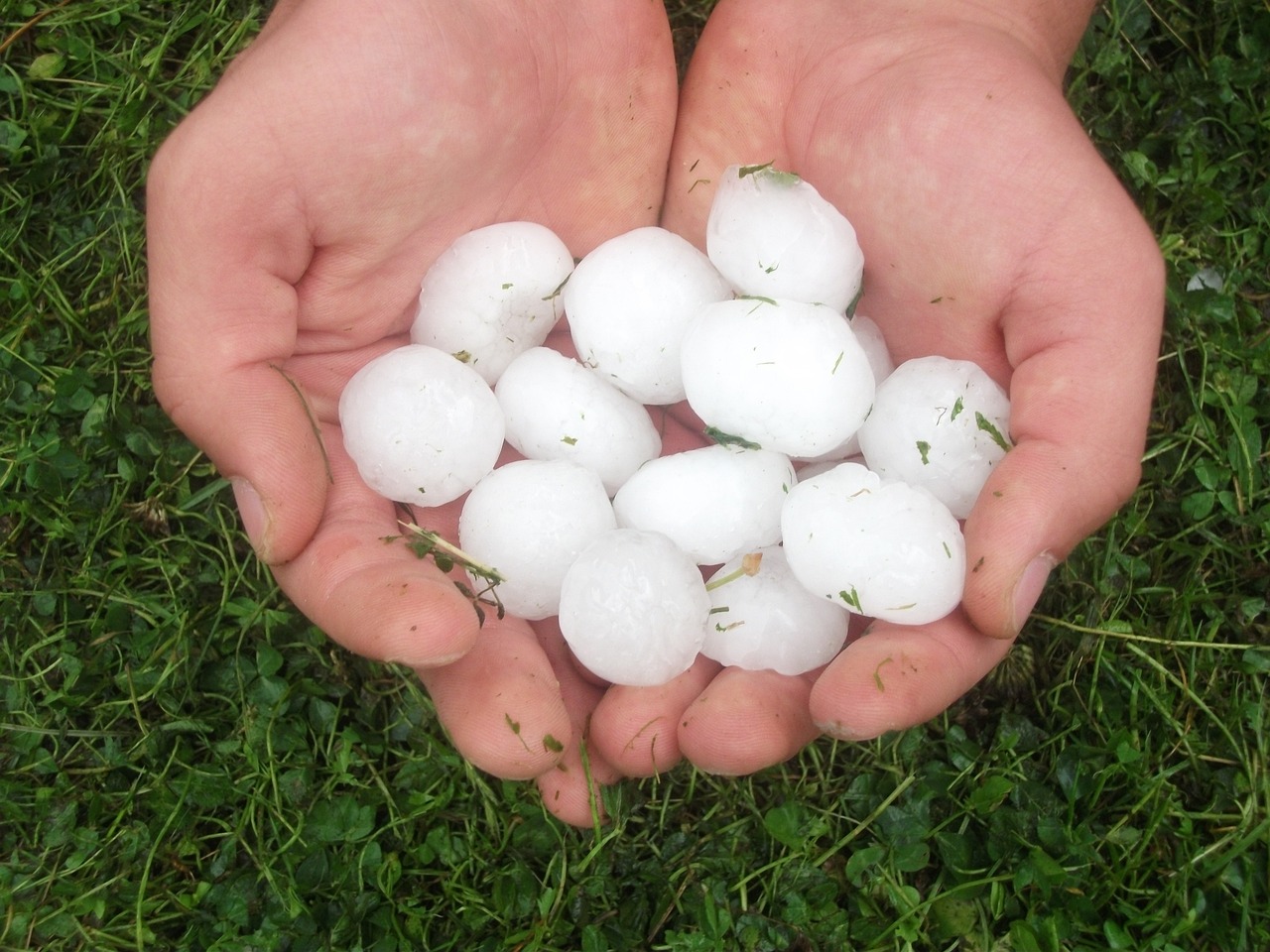When the economy heads south, stories about grape varieties or maturing in oak seem to become less relevant and suddenly it’s all about the numbers. While the first two stories we cover in this latest edition of the JollyCellarMaster Weekly do not differ, we aim to keep our eye the fundamentals since the economy always has ups and downs but some questions are to bound to change the fundamentals of the entire industry. Read on.
Today: Econ 101 and a Step Closer to the Abyss?
It’s the economy, stupid
Everyone is talking about inflation. Prices are soaring and the government/central banks are doing nothing/not enough/too little, too late. Make your pick, but I’m sure that you, too, came across a conversation in the last week that could choose from the terms of our little inflation bingo, though not everyone really seems to understand how it works exactly and sometimes I wonder if I shouldn’t count myself in.
Anyway, just to cite a workable definition we can agree on, at least in economics, that “inflation is an increase in the general price level of goods and services in an economy. When the general price level rises, each unit of currency buys fewer goods and services; consequently, inflation corresponds to a reduction in the purchasing power of money.”
A more practical example to explain inflation comes from the Portuguese wine industry.
The PortugalResident brings us a statement from ANCEVE, the National Association of Traders and Exporters of Wines and Spirits. Founded in 1975, ANCEVE represents producers and bottlers of wines and spirits from the main regions of the country, so they should have a decent understanding of what’s going on in their part of the world.
Thus, we can take it from granted that there is truth in their statement that the costs of bottles have leapt 55% since Ukraine conflict. As a result, ANCEVE is calling for “urgent intervention” from the government over escalating glass bottle prices, which are “dramatically” penalising the competitiveness of Portuguese producers.
Just like the rest of us, they are appealing to the government to do something about since energy prices may have gone slightly as well as shipping rates, but glass still remains expensive and scarce.
Needless to say that these costs must be passed on to someone to remain competitive or even keep the business afloat. And this someone is, of course, the consumer, i.e. you and me. Without going into specific names, I’ve come across price increases of 20% in a relatively short amount of time. The only problem is that I haven’t seen an increase of income in the same period, so whatever I make or have saved can buy accordingly less wine. And that’s basically how inflation works.
It’s not so bad, is it?
Whilst we’re talking about the economy, there is some surprising news that the fine wine market has seen a dip in sales during the past month. According to Cult Wines, we have witnessed a decrease in the fine wine market during January, with its global indices showing a 0.52% decline over the month.
“Following a prolonged bull run, it’s not uncommon to see a temporary period where prices drift sideways or even slip a bit as markets adjust and gauge if the price rises are sustainable,” the company said on the Drinks Business.
There you will also find more details that explain this slight downturn and give you a cautiously optimistic outlook if you’re interested (but you’ll need to follow the link and promise to come back for the rest of this JollyCellarMaster weekly).
Now, it’s not surprising to see a dip in itself, especially in light of the previous news. What is interesting here on one hand – and we touched upon this on various occasions (Exhibit A) – is how defiant we seem to be by ignoring the overall economic climate when it comes to fine wine. Could it be that this asset class not only outperforms all others, but bucks an entire trend? Not unheard of, since some asset classes like gold historically perform better than others like stocks during times of high inflation (though that’s not necessarily true anymore looking at the current situation). The other thing I found worth thinking about is that now that stock markets have recovered and inflation has apparently reached its peak to formerly positive narrative about fine wine investments slowly appears to change – again, it seems to buck the trend. What does that mean for fine wine investment? Is it one of those countercyclical investment instruments? Or is it rather a question about how serious we can take what gets written about it?
Well, I’m not giving investment advice and none of my past and future writings should be considered as such. In the end, only time will tell whether it’s a good idea to invest in fine wines. On the other hand, what strikes me as solid advice to drink some every now and then, right?
Labelling in Moderation
Thinking of it, we have talked about quite a few things including the need for moderation. Not just regarding wine consumption but also the underlying issues and how society responds to it. One reaction can be found in the growing number of low- or zero-alcohol products. I haven’t come across a great one yet and always turn to tasty traditional non-alcoholic beverages or water (which, of course, can be tasty, too, I suppose), but each to her or his own, I say.
I’m less thrilled by lumping everything together as can be seen in the ongoing discussion about the potential health damaging effects of alcohol. Is beer the same as wine as spirits? And is all wine the same? The same applies to the potential impact of great scotch and cheap ready-to-drink products.
I’d like to think that we should work on our approach to consumption, not just alcohol, but in general. After all, we could have a similar discussion about the consumption of sugar, salt or food generally. Too much of anything is never a good idea and in the end it is the dose that makes the poison as they say.
Unfortunately, not everyone sees it this way, and lawmakers of Ireland continues with its crusade that could eventually lead to putting deterring images on Petrus bottles (or any other kind of container consisting of alcohol beverages).
In its latest move, Ireland has notified WTO of its draft regulations on the labelling of alcoholic beverages. As was to be expected, the Assembly of European Winegrowing Regions (AREV), criticises Ireland’s push for alcohol labelling at a national level and calls for a clear counter-position by the EU, WBI writes.
It’s a delicate subject and the plans already face strong criticism from other EU member states. So far the Irish seem to be set to go ahead even despite criticism from within that such a move could have serious consequences for the internal market. Let’s see what happens next.
—
And that’s all for the week but if you have an interesting story to tell or simply want to chat about wine as a guest on the Podcast, connect on Twitter or drop me a line. And if you want to stay in the loop about things happening at the JollyCellarMaster and the world of wine, make sure you sign up to our newsletter.
—
Disclaimer: As always, I’d like to be completely transparent about affiliations, conflicts of interest, my expressed views and liability: Like anywhere else on this website, the views and opinions expressed are solely those of the original authors and other contributors. The material information contained on this website is for general information purposes only. I endeavour to keep this information correct and up-to-date, I do not accept any liability for any falls in accurate or incomplete information or damages arising from technical issues as well as damages arising from clicking on or relying on third-party links. I am not responsible for outside links and information is contained in this article nor does it contain any referrals or affiliations with any of the producers or companies mentioned. As I said, the opinions my own, no liability, just thought it would be important to make this clear. Thanks!




